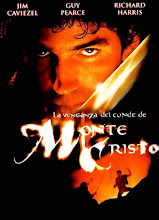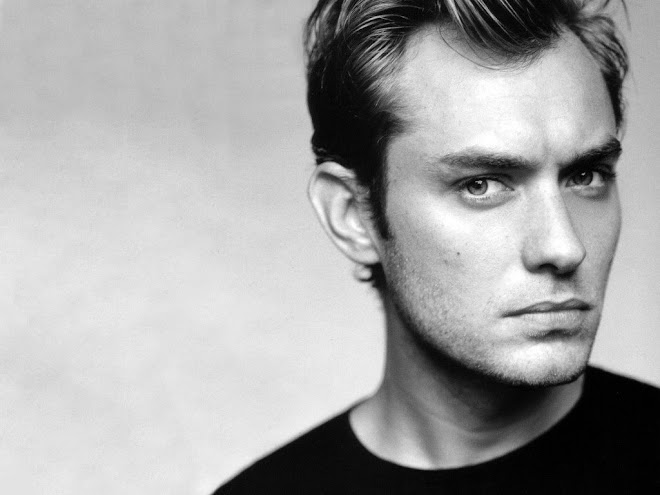Patricia Highsmith belonged to a world which was already pretty rarefied in her own day - the forties and fifties - and which has now all but vanished: a world of wealth, privilege and good manners. To put it bluntly, when New Yorkers lunched together in Highsmith´s world, they did so for social reasons, not to conclude some business deal. They attended the opera and the ballet. They spent summer in the Hamptons and, every other year, toured Europe, staying in elegant hotels where everyone spoke English. They travelled with steamer trunks full of evening wear and jewellery cases loaded with precious gems. Boredom was the only real threat. Oh, and the occasional murder...It was a world which Highsmith herself (born in Texas in 1921 but a New Yorker from the age of six) knew well, although she never immersed herself in it to the extent that her characters did. Because Highsmith was, in many ways, the spectre at the feast, uncovering the dark secrets - the petty cruelties and the rather less petty crimes - which lurked just beneath the surfaces of high society. She was, said her admirer Graham Greene, “a poet of apprehension” who “created a world of her own - a world claustrophobic and irrational which we enter each time with a sense of personal danger”. Reading a Patricia Highsmith novel is like losing your moral virginity: you find yourself accepting behaviour you know is wrong, and sympathising with all the wrong people. Which is pretty much what Anthony Minghella´s lavish, loving and elegantly depraved film version of Highsmith´s The Talented Mr Ripley makes you do.
Fifty years after Hitchcock’s Strangers on a Train, director Anthony Minghella has followed up his Oscar-winning The English Patient with another classic adaptation of a Patricia Highsmith novel: The Talented Mr Ripley.
jueves, 10 de mayo de 2007
Suscribirse a:
Entradas (Atom)















